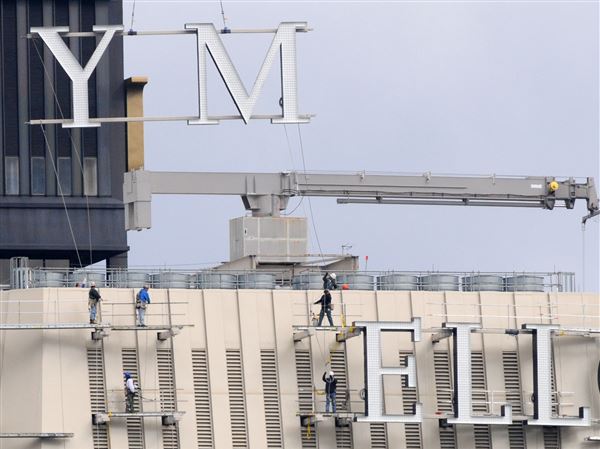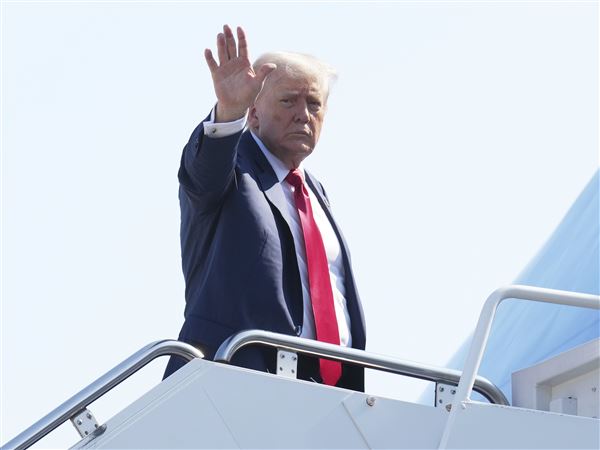HARRISBURG -- Despite strong opposition from Gov. Ed Rendell, a $27.9 billion "bipartisan, bicameral" budget for 2009-10 will be approved by both houses of the Legislature, a top Senate Republican predicted yesterday.
Senate Majority Leader Dominic Pileggi, R-Delaware, said he thinks a six-member, Senate-House budget conference committee will give the go-ahead, probably today, for the spending proposal and then it will win House and Senate passage in a few days. The budget is already 77 days late.
Mr. Pileggi, who worked out the $27.9 billion budget plan with other Senate Republicans and Senate and House Democrats, told reporters, "I fully expect it will pass both houses. We have support in both chambers."
Even Mr. Rendell yesterday sounded resigned to likely approval of the budget, which he again vowed to veto. He complained the three-caucus budget is a little bit off on its spending priorities but a whole lot off on its revenue estimates. By next summer, he claimed, the state will be $1 billion in the hole because the revenue sources in the three-caucus budget won't generate as much money as legislators think. That will force legislators to enact some serious tax increases at the same time they are running for re-election, he added.
Mr. Pileggi defended the revenue projections, which include about $200 million from growth in the state's economy; $97 million from a 25-cent per pack increase in the cigarette tax; $200 million from introducing table games at state casinos; $100 million from increasing prizes for "small games of chance'' and increasing taxes on them; $374 million from delaying the phaseout of a tax on business assets; $100 million from additional leases of land for natural gas exploration; $75 million from eliminating tax credit programs; and $60 million from reducing errors in eligibility for welfare programs.
Mr. Pileggi said the tax rate on revenue from table games would be between 12 percent and 21 percent, and a one-time license fee casinos would pay is $10 million to $15 million.
If Mr. Rendell does veto an approved budget, the key question becomes whether the House and Senate would override it. It takes a two-thirds vote in each chamber for an override.
An override seems likely in the Senate because both parties support the budget proposal. But it isn't known yet what the fourth legislative caucus, House Republicans, would do, since they weren't involved in developing the proposal. House Democrats can pass the budget without GOP help, but an override vote would take some Republican support.
House Republican leader Sam Smith of Punxsutawney said yesterday he isn't sure if his members would vote to override. He said they believe in "fiscal responsibility and controlling spending," and support a separate $27.5 billion spending plan.
If the state spends too much in this fiscal year (which ends next June 30), Mr. Smith said the state would fall off a much steeper fiscal "cliff'' next year, when federal stimulus funds cease.
First Published: September 15, 2009, 4:00 a.m.















